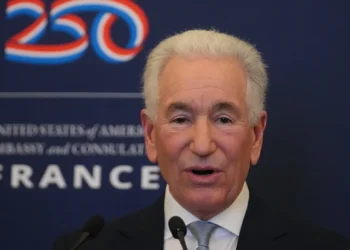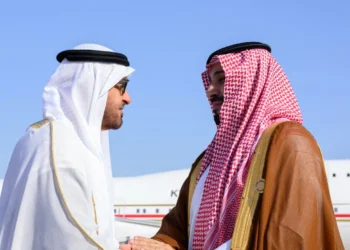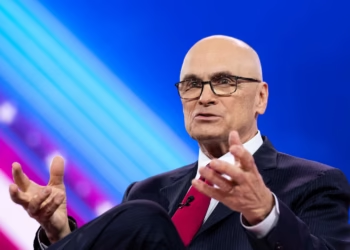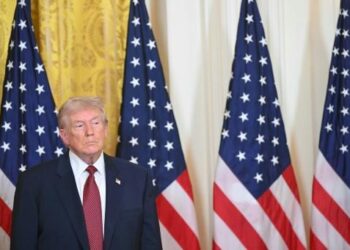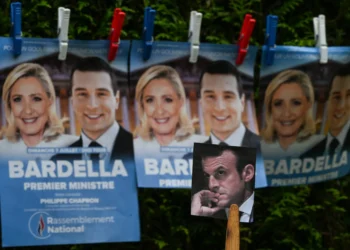ANKARA (Realist English). Turkey has secured a workaround to continue paying for its multi-billion-dollar natural gas imports from Russia, following the expiration of a temporary U.S. sanctions exemption this week, a senior Turkish official told Middle East Eye on Friday.
The workaround comes after the Biden administration’s December exemption — which allowed Ankara to process energy payments via Gazprombank, despite sanctions — was extended for two months by the Trump administration in March. That extension, granted after a call between Turkish Finance Minister Mehmet Simsek and U.S. Treasury Secretary Scott Bessent, officially expired on May 20.
In 2024, 45% of Turkey’s natural gas imports came from Russia, with total payments likely exceeding $8 billion.
To maintain these critical energy flows, Turkey will now route payments through Austria’s Raiffeisen Banking Group, which operates a subsidiary in Russia that remains unsanctioned. According to the senior Turkish official, this arrangement has been shared with U.S. authorities, who are said to be comfortable with the solution.
High-level diplomacy resumes in Moscow
Amid this economic maneuvering, Turkish Foreign Minister Hakan Fidan is scheduled to visit Moscow from May 26–27 at the invitation of his Russian counterpart, Sergey Lavrov, Turkish diplomatic sources confirmed on Saturday.
Fidan will meet with President Vladimir Putin, as well as Lavrov and other senior Russian officials, including Deputy Presidential Envoy Vladimir Medinsky, who led the Russian delegation at the May 16 Russia–Ukraine talks in Istanbul, and new Defence Minister Andrey Belousov.
The meetings will focus on bilateral cooperation, with particular attention to trade, energy, and tourism. Ankara and Moscow currently maintain a number of high-profile joint energy ventures, including the Akkuyu Nuclear Power Plant and several natural gas pipelines under the Black Sea.
Turkey’s ability to sustain energy ties with Russia while navigating U.S. sanctions illustrates Ankara’s increasingly transactional foreign policy. By leveraging European banking channels, it preserves critical imports without directly confronting Washington’s restrictions. The upcoming talks in Moscow signal that Ankara and Moscow remain closely aligned on key economic fronts, even as geopolitical tensions persist. The question now is how long this balancing act can last — and what price Turkey may eventually pay for its pragmatic neutrality.



